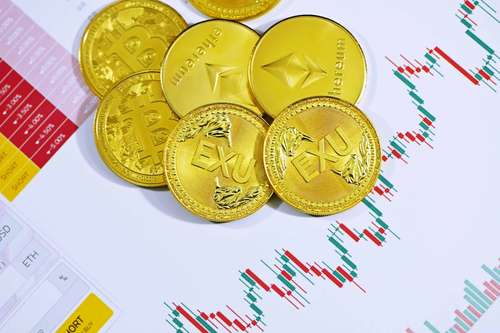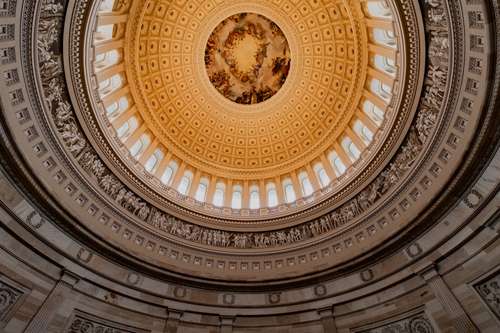In order to spur Web3 development, Japanese Prime Minister Fumio Kishida has stated that he may be open to revising the country's much-maligned crypto tax legislation requirements.
The Japanese Prime Minister addressed to the nation's parliament about Web3, arguing that it will spur economic growth – another sign that pro-business law reform is on the way in the country.
According to CoinPost, Japan's Prime Minister, Fumio Kishida, made his remark before the House of Representatives' Budget Committee yesterday, saying that the start of the Web3 age might contribute to economic growth.
To do this, Kishida suggested that the government establish startup accelerators, assist in attracting international venture capital, and even provide public funds.
Critics have suggested that unduly severe crypto tax laws implemented by previous PMs and their governments have put pressure on Japanese crypto-related businesses and expertise offshore.
Yuichiro Tamaki, head of the opposition Democratic Party for the People, has been one of the most vociferous opponents of the current crypto tax policy, which includes crypto being classified as miscellaneous revenue (rather than being taxed under capital gains laws).
The latter recently called on Tokyo to scrap the current system and provide extra tax breaks to domestic enterprises who manage or deal in cryptoassets.

On the same day, Tamaki raised the issue again with the PM at a meeting of the parliamentary finance committee. Tamaki said that the federal government should only tax businesses and individuals "when precise [fiat] revenue is achieved," that is, when money is exchanged for fiat.
"We are going to think over this suggestion rigorously," the Prime Minister simply replied.
Tamaki, on the other hand, said on Twitter that Kishida and Finance Minister Shunichi Suzuki came to welcome him after the assembly ended. When the leader of the Democratic Party for the People broached the issue of taxation again, the PM agreed that doing so would provide "alternatives for Japan" – and was "surprise positive" about the idea of abandoning the current system.
The event was described by Tamiki as "great news."
Forces from across the Prime Minister's personal political party, the ruling Liberal Democratic Party, are thought to be eager to change the tax code. Some critics have pointed out that the majority of countries with advanced crypto tax legislation have chosen to tax crypto revenues using capital gains tax procedures.
Who regulates cryptocurrency in Japan?
The Financial Services Agency (FSA) is in charge of overseeing crypto asset exchange service companies in Japan. The FSA, on the other hand, recognizes and collaborates with two cryptocurrency self-regulatory organizations: the Japan Virtual Currency Exchange Association (JVCEA) and the Japan Security Token Offering Association (JSTOA)
The JSTOA focuses on token sales and other forms of crowdsourcing. The JVCEA's mission is to develop regulations and procedures for cryptocurrency exchanges.
Kishida has previously mentioned "improving the environment" in order to "incorporate new digital enterprises" into the Web3 sector.




